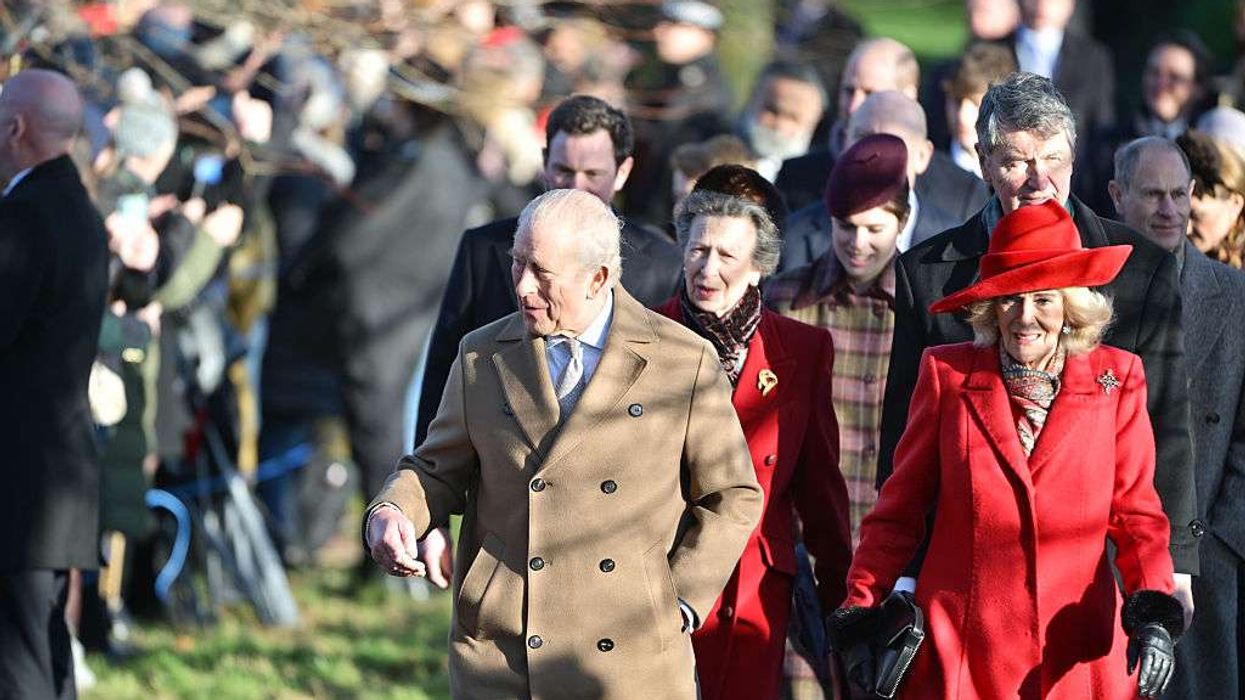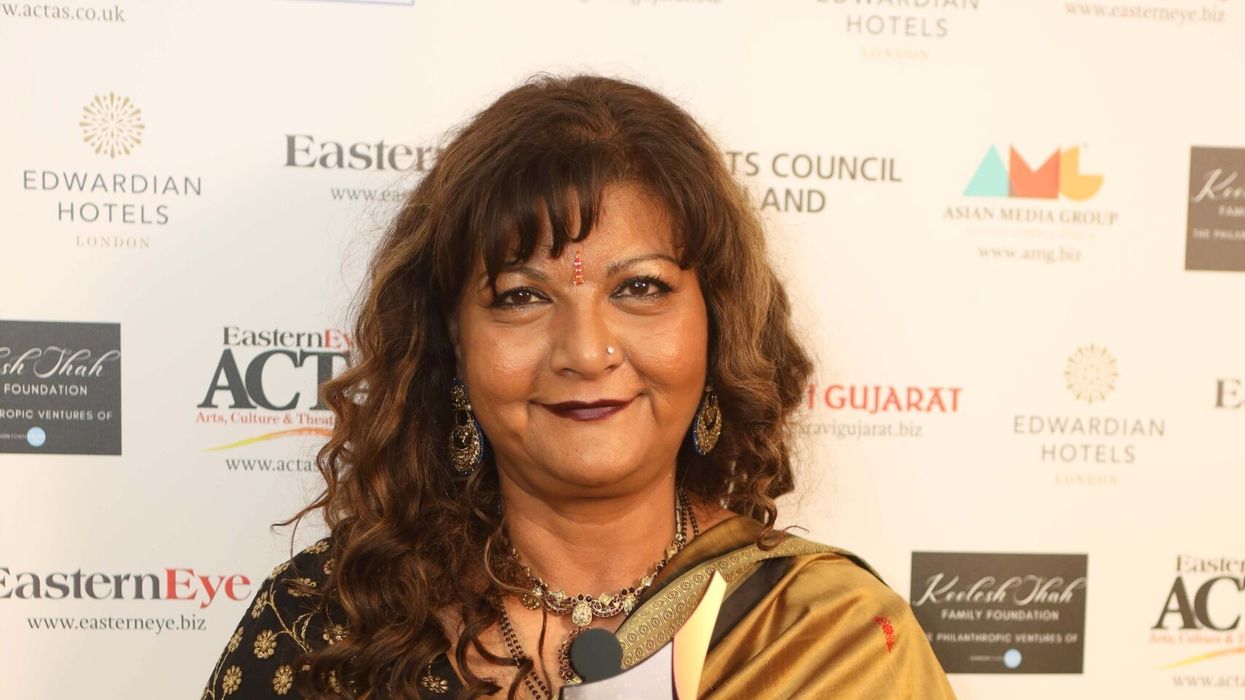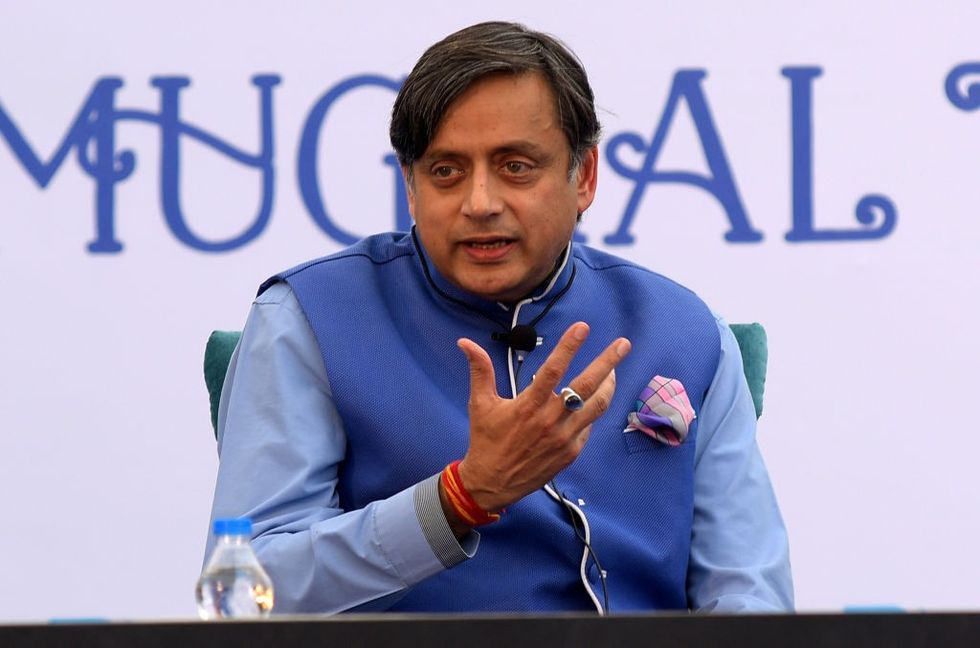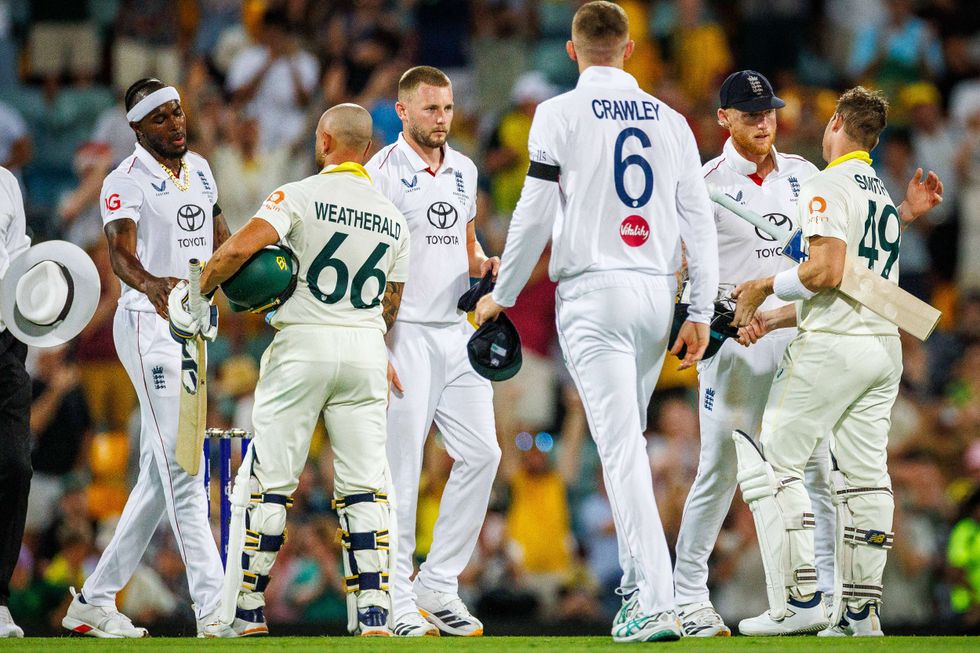By Amit Roy
ALTHOUGH David Cameron has been pilloried for calling the EU referendum, leading to a disunited kingdom from which Scotland might break away, I still make him the man of the decade – politically, at least, and very much from the Indian point of view.
The decade has ended with the election of another pro-India prime minister, Boris Johnson, who does indeed have the most diverse cabinet ever, with four British Asians, three of them of Indian origin – Priti Patel, Rishi Sunak and Alok Sharma. But it was Cameron who was the first in wanting to build “a new special relationship with India”. To that end, he appointed Priti as his “India diaspora champion”.
I went with Cameron to Delhi in 2010, the first of his three prime ministerial trips to India. In the December 12 general election, Indians voted overwhelmingly for the Tories. That was partly because they did not want the Labour leader, Jeremy Corbyn, as prime minister, but the Indian drift towards the Conservative party began when Edward Heath admitted the refugees expelled from Uganda and has been slowly gathering momentum over the years. What Cameron did was recognise the importance of the 2.5-million-strong Indian population in the UK.
The setting up of Conservative Friends of India by Lord Dolar Popat, among others, turned to be a crucial development for the Tories. Incidentally, his book about his journey from Uganda – A British Subject: How to Make It as an Immigrant in the Best Country in the World (foreword by David Cameron) – is one I have read and reread.
The recent election campaign damaged the relationship between Indians and Pakistanis and between Hindus and Muslims in the UK. It is in the interest of both sides to undo the harm that has been done, though it won’t be easy. Perhaps two recently made peers, Rami Ranger and Zameer Choudrey, will undertake leadership roles along with others.
The mayor of London, Sadiq Khan, who is up for re-election in 2020, should try to improve his chances by doing a compromise deal with Uber – after all, it has become a way of life for 3.5 million people in London.
Where will we be in 10 years’ time? The outlook is for a Boris raj for the foreseeable future, but things will happen that are unknowable. Apart from the NHS, I would like another of his priorities to be housing for young people.
The Labour party took a wrong turn at the start of the decade when Ed Miliband knifed elder brother David Miliband to become its leader in a British version of the Ramayana. Let’s just say that Rebecca Long-Bailey, if she does indeed become Corbyn’s successor, is going to be an acquired taste.
As for Boris, I bet he is missing writing his weekly Telegraph column, with all the literary flourishes that gets him into trouble.
When the decade began, Barack Obama was US president, and all seemed well with America.
One hopes peace will come to India which seems a troubled country as the decade closes because of the unrest over the citizenship act. By the end of the next decade, we will know how it has been changed under Narendra Modi. India is a country with a very deep centre of gravity. What it desperately needs is a decade of peaceful progress.





 Tanika Gupta
Tanika Gupta  Shashi Tharoor AFP via Getty Images
Shashi Tharoor AFP via Getty Images  English cricket writers are distraught that in the current “Ashes” series against Australia down under Getty Images
English cricket writers are distraught that in the current “Ashes” series against Australia down under Getty Images 





